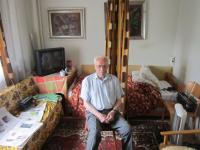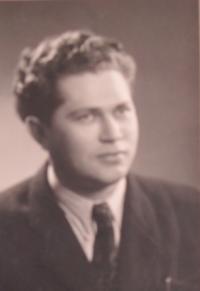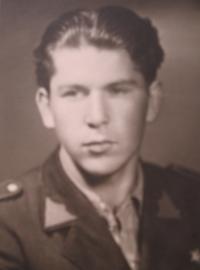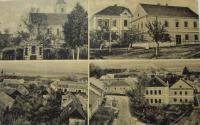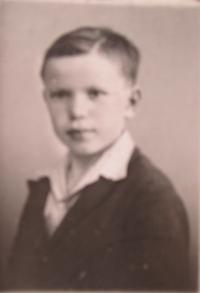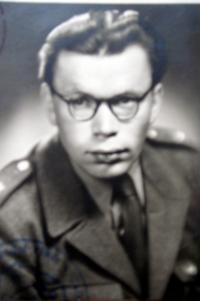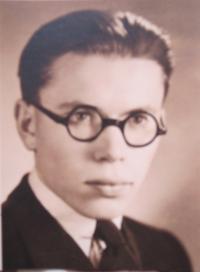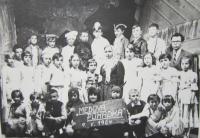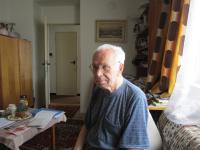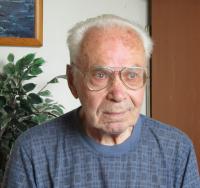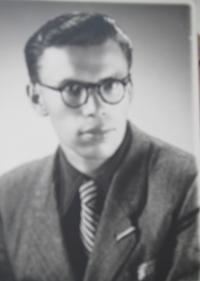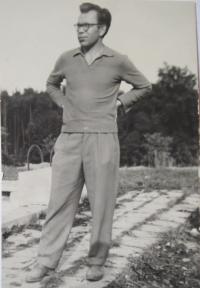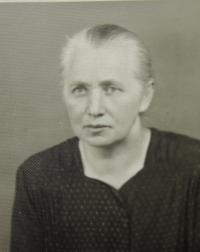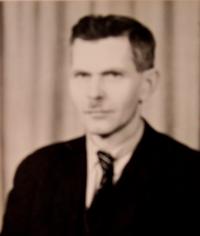Whenever I realized that someone was suffering, it was as if I would suffer myself
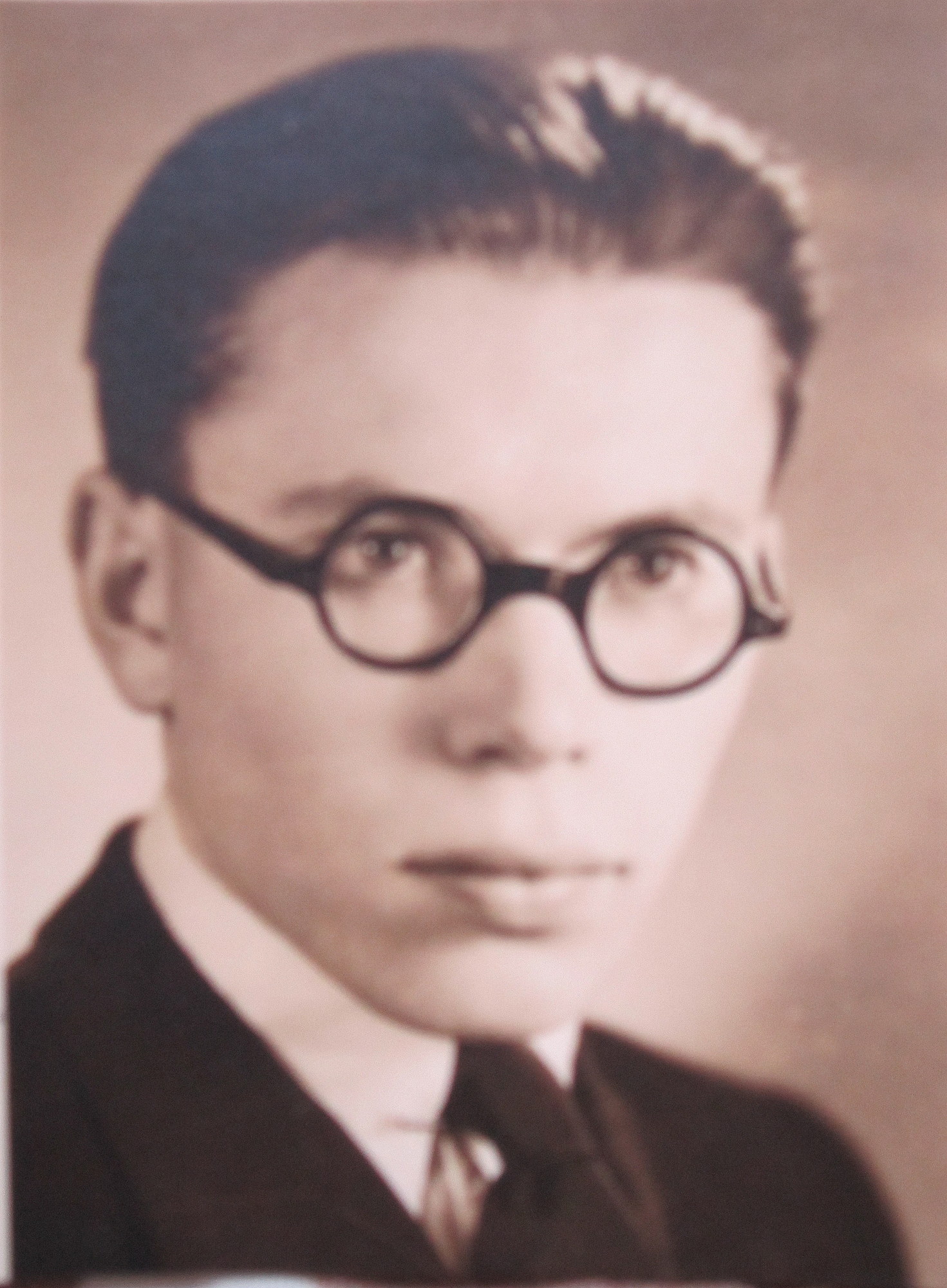
Stáhnout obrázek
Jindřich Tesař was born in 1924 in Cetkovice, a town located between Velké Opatovice, Konice and Boskovice. His father, in the position of the deputy mayor of Cetkovice, helped a great number of people in a difficult position during World War II. Besides financial and material support, he would also hide fugitives of many nationalities in his house. He was very likely also connected to the resistance organization „The Council of Three“. Jindřich Tesař and his brothers were also involved in various resistance activities. In 1943, Jindřich was forced to work as a slave laborer in an aircraft-engine factory and testing grounds belonging to the Klöckner Company in Kuřim. Here, he got involved in sabotage activities and after the factory was bombed he escaped and went into hiding. He continued to support resistance activities and the Vela partisan group despite the high risks this entailed for him. He even took part in a number of sabotage missions carried out by the partisans. In the last month of the war, he became the secretary of the revolutionary national committee and was put in charge of disarming the retreating soldiers of the Wehrmacht. In 1946, he was shot and injured by members of a gang of Ukrainian nationalists (followers of Stepjan Bandera) while doing his military service in eastern Slovakia. After the war and his military service, he worked for a couple of years as a teacher. In the beginning of the 1970s, he was arrested, allegedly for interfering with Communists in high positions in the town of Jevíčka (he spoke out openly about their corrupt behavior). He spent a year in prison before he was conditionally released. After his release from prison, he was prohibited to work as a teacher. Today, he lives in Moravská Třebová.
